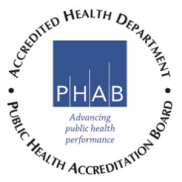Program Information

Three of every one thousand Arkansas newborns will come into this world with significant hearing loss. That’s why the ADH Infant Hearing program was developed. We hope this website will provide you with helpful information you need. Please feel free to contact us if we can answer any questions about the infant hearing program.
Arkansas Department of Health
Infant Hearing Program
4815 West Markham, Slot 20
Little Rock, AR 72205-3867
(501) 280-4740
Healthy Hearing: It Means the World to Your Infant
Can You Really Test an Infant’s Hearing?
Yes, and the tests are very reliable. Arkansas is one of 43 states whose legislatures have required that every newborn receive a hearing screening before leaving the birth hospital. There are two widely used screening methods that are highly reliable and painless. One is called Otoacoustic Emissions (OAE), the other is Automated Auditory Brainstem Response (AABR). In both methods, a soft sound is played into the baby’s ear through a tiny, specially designed earphone. A machine then measures the baby’s response to the sound. In many cases, babies don’t even awaken while they are being tested.
The Cost is Minimal, the Results are Priceless
Newborn hearing screening is fast; it takes only minutes to administer. It is a painless process that can be done while your baby is sleeping. Often times family health insurance covers the cost of newborn screening and testing.
Information is Plentiful and Easy to Get
The Infant Hearing Program can provide information about resources for families with infants or toddlers who have been diagnosed with hearing loss. You’ll get information about state and national support organizations, service clubs, and financial assistance options. Information is also available detailing terminology, communication choices, how to deal with emotions, and information about hearing and hearing loss. Call the Arkansas Department of Health at 501-280-4740 for more information.
- Key Questions about NBHS
- Healthy Hearing Brochure
- Early Hearing Detection Prenatal Checklist
- Early Hearing Detection Roadmap
- Newborn Hearing Screening Infographic
- Infant Hearing Provider List
- Diagnostic Providers list
Hearing, Speech, and Language Milestones
Some of the things most children will do at different ages:
Birth to 3 Months
- Quiets to familiar voices or words
- Reacts to loud sounds – baby startles, blinks, stops sucking, cries or wakes up
- Makes soft sounds when awake, baby gurgles
3 to 6 Months
- Turns eyes or head toward sounds, voices, noise-making toys, dog barking
- Starts to make speech-like sounds “ga,” “ooh”
- Reacts to a change in your tone of voice
6 to 9 Months
- Responds to own name and looks when called
- Understands simple words: “no,” “bye-bye,” “juice”
- Babbles, “da da da,” “ma ma ma,” “ba ba ba”
9 to 12 Months
- Responds to both soft and loud sounds
- Repeats single words and imitates animal sounds
- Points to favorite toys or foods when asked
12 to 18 Months
- Uses 10 or more words
- Follows simple spoken directions, “get the ball”
- Points to people, body parts or toys when asked
- “Bounces” to music
18 to 24 Months
- Uses 20 or more words
- Combines two or more words: “more juice,” “what’s that?”
- Uses many different consonant sounds at beginnings of words: b, g, m
- Listens to simple stories and songs
2 to 3 Years
- Uses two to three word sentences
- At two years, people can understand what the child says some of the time (25% – 50%)
- At three years, people can understand what the child says most of the time (50% – 75%)
- Follows two-step instructions, “get the ball and put it on the table”
Sound Beginnings
Early Screening Means Early Detection
Three of every one thousand Arkansas newborns will come into this world with significant hearing loss. And for most, there are no known signs or risk factors for the condition. That’s why the Healthy Hearing program was developed.
Our goals for babies born in Arkansas are:
- To screen all newborn’s hearing before they leave the hospital
- To re-test those who do not pass the first screen before one month of age
- To confirm hearing loss by diagnostic audiologic testing before three months of age
- To receive appropriate early intervention services before six months of age
Because there are few outward signs of hearing loss in newborns, if left untested, infants with hearing loss may not be identified until they are as old as three years. Infants with undiagnosed hearing difficulties are at serious risk of lagging behind in developing the good speech and language skills they will need to succeed in school and in life.


